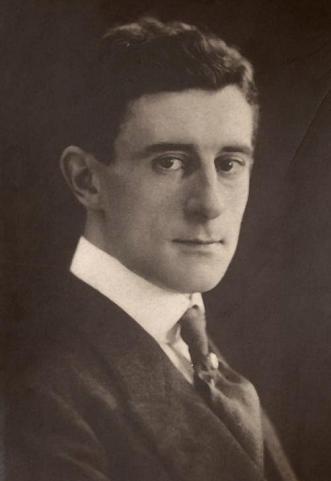Joseph-Maurice Ravel
(March 7, 1875 – December 28, 1937)
This celebrated French composer was expelled from the Conservatoire de Paris because he refused to follow their compositional guidelines. Joseph-Maurice Ravel was born in the Basque town of Ciboure, France. His father was a Swiss inventor and his Basque-Spanish mother used to sing folk songs to him as a child. When he was six, Ravel began taking piano lessons once the family relocated to Paris. At fourteen he entered the Paris Conservatory for piano; but switched to compositional studies. He tried for several years to win the prestigious Prix de Rome; but would not follow the rules. Even though his music was already being published and performed, the Conservatoire forced him to leave. After that scandal, Ravel joined a group of radical composers known as Les Apaches. During the First World War he wanted to enlist but was turned down for physical reasons. Ravel became friends Claude Debussy; but due to conflicts between their fans, they kept their meetings secret. After the death of Debussy in 1918, Ravel became the leading composer in France and was offered the Légion d’honneur, which he refused. In 1928, he did a highly successful tour of America and met George Gershwin. That same year he composed the celebrated and controversial 'Boléro', which he dismissed as trivial. In 1932, he suffered brain trauma in a taxi accident; which didn't seem serious at the time, but led to increasing memory problems. He died in 1937 after undergoing experimental brain surgery.
Boléro (1928)
Ravel's most famous work was commissioned by Russian ballerina Ida Rubinstein. He called it “an experiment in a very special and limited direction”.
La Valse (1920)
Le Tombeau de Couperin (1917)
Valse Nobles et Sentimentales (1911)
Rapsodie Espagñole (1907)
Pavane for a Dead Princess (1902)
Shéhérazade (1898)
Violin Sonata (1897)

No comments:
Post a Comment